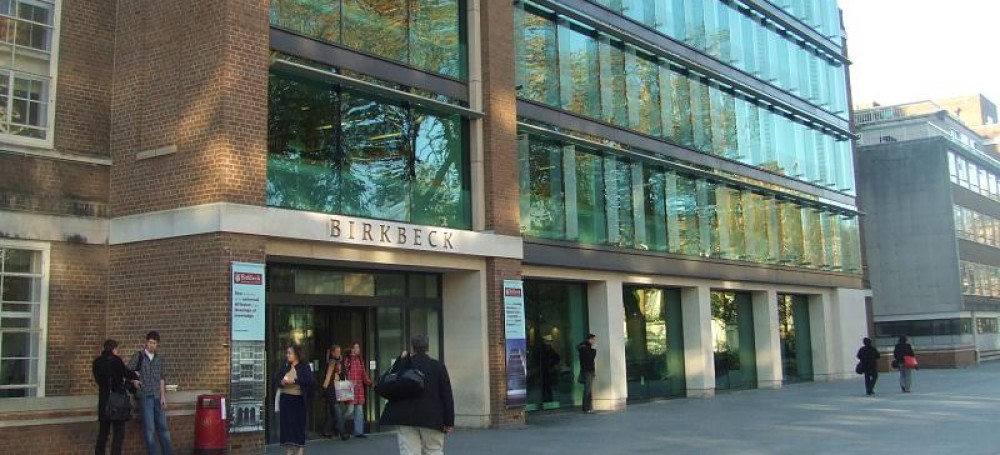
In search of that magic money tree
t might not have been the ‘crisis of capitalism’ which some have been waiting so long for, but it is widely thought that the last few years certainly represent a “crisis of capitalism”. But if you think of capitalism as a system whereby profits and losses acting unhindered by the hand of government guide capital to its most productive uses, this is difficult to sustain.
The sectors which blew up and took the rest of the economy with them were riddled with intervention. Banks have their capital adequacy rates set and their bad investments covered by government. The housing market is kept inflated with all manner of tax breaks and politically motivated distortions like Fannie Mae, Freddie Mac, and the Community Reinvestment Act. Behind it all interest rates are set by a small panel of political appointees, much as the price of alum keys was set in the Soviet Union.
But as we see violence on the streets of Athens and Madrid, the Occupy protests in the United States, and unadulterated rage on the pages of The Guardian’s Comment is Free (Cif), there is certainly some sort of crisis afoot. It is, however, a crisis of big government.
Over the last few decades governments throughout the western world have made extravagant spending commitments. In Ireland the welfare budget was tripled. In Greece pastry chefs, radio announcers, hairdressers, and steam bath masseurs were included among 600 professions deemed so “arduous and perilous” that workers could retire at 50 on a state pension of 95 percent of their final salary.
But it wasn’t just small basket case economies doing it; big basket case economies were doing it too. France decided that its workers could work no more than 35 hours a week and still generate the wealth to pay for everyone to retire at 60 and spend a third of their lives as state pensioners. In the United States the Bush administration launched the largest expansion of Federal spending since Lyndon Johnson’s Great Society program of the 1960s. In Britain the Labour government increased spending by more than half in six years.
As long as you didn’t look either too closely or too far ahead, these massive spending commitments looked just about affordable as long as there was plenty of money to spend. And there was. In Britain tax receipts rose by 40 percent between 2001 and 2007. In the United States, Federal tax revenues rose by 30 percent between 2000 and 2007. French tax revenue increased by 30 percent between 2002 and 2008.
But these were the effects of the bubble. These were taxes swelled by property values, house sales, and bank profits on those house sales and the myriad ancillary transactions such as securitisation. With the bursting of that bubble that wealth is gone, if it was even there in first place, and it is not coming back. Nor should it.
That does mean, however, that lots of the extravagant government spending promises made before the bust now stand revealed for what they are; unaffordable in the absence of bubble taxation. And given the undesirability of bubbles, that just makes them unaffordable full stop. No amount of general strikes, protesting, occupying, or posting on CiF will change that. We do not have a mighty oak of a money tree, but a bunce bonsai and, in truth, that’s all we ever did have.
Since the crisis hit we have seen both the unavoidability of this truth and the reluctance of electorates to accept it. In the last few years the voters of Greece, Spain, and France have voted out ‘austerity’ governments only to have ‘austerity’ visited upon them anyway by their replacements (at least they were asked, unlike the Italians). There is a very good chance that this November and in May 2015 the voters of the United States and United Kingdom will discover that reality doesn’t just disappear because you tick a box marked ‘Obama’ or ‘Miliband’.
The amount of money spent by the government has grown inexorably. We have reached its limit. In Britain, since 1964, whether top rates of tax have been at 83 percent, as in the 1970s, or 40 percent, the percentage of national income paid in taxes has never exceeded 38% of GDP.
Whatever the designs of the politicians, the social democrats, the Labour party, the Guardian, or Polly Toynbee, the British people, collectively and unconsciously, seem to have decided that they are not willing to fund a state sector any bigger than this. When the share of state spending as a share of GDP reaches 45 percent or 50 percent, as it has recently, the only way is down. That is where we are now.
If the extravagant spending promises of politicians outstrip both the capabilities of even a well-functioning capitalism to generate the necessary wealth and the public’s willingness to pay for it, that is not capitalism’s crisis, but a crisis of big government. Its time is up.
This article first appeared at The Commentator








